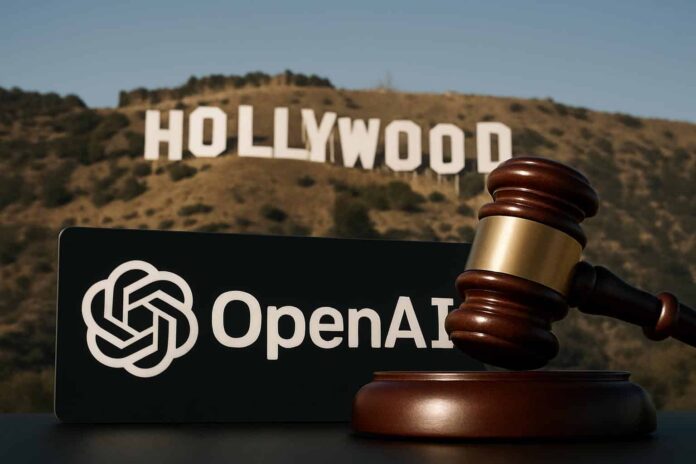Hollywood talent agencies are expressing outrage over OpenAI’s Sora 2, alleging it misled them about the product’s safety and its adherence to intellectual property rights. Meetings prior to the launch suggested that Sora 2 would respect likeness and copyright laws, but the post-launch reality revealed significant loopholes, allowing users to create videos featuring copyrighted characters and scenes. Despite claims of limitations, footage resembling popular franchises emerged, igniting concerns over potential legal battles regarding fair use and likeness rights.
Agencies like WME and CAA have rapidly opposed the tool, emphasizing that without proper consent, it threatens creators’ bargaining power. OpenAI’s CEO described Sora 2 as “interactive fan fiction” but also acknowledged the growing legal stakes around generative AI, with discussions about stricter regulations and consent-driven systems intensifying. The industry’s response could reshape the future of AI video, as stakeholders seek to balance innovation with compliance in an evolving landscape.
Source link
